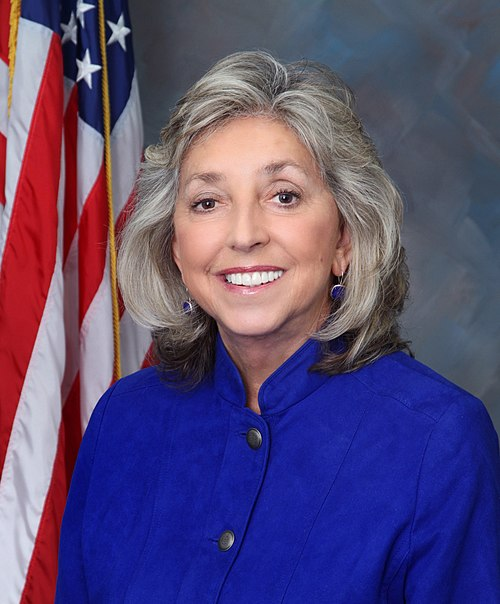H.R. 3662: LIFT Act
This legislation, known as the LIFT Act, proposes several amendments to the Fair Labor Standards Act of 1938, primarily focused on increasing the minimum wage and adjusting wage standards over time. The key components of the bill are as follows:
Minimum Wage Increases
The bill establishes a structured increment for minimum wage increases as follows:
- $10.25 per hour starting one year after the bill's enactment.
- $13.75 per hour starting 12 months thereafter.
- $17.00 per hour starting 24 months thereafter.
- Subsequent annual adjustments based on the median hourly wage for all employees, ensuring it does not fall below prior established minimum wages.
Elimination of Subminimum Wages
The legislation aims to eliminate subminimum wages for specific groups, which include:
- Youth wages: Minimum earnable wages for youth will be set at $8.50 to $17.00, following the same progressive increase structure.
- Student-learner and full-time student programs: Introduces minimum wage requirements similarly structured to youth wages.
- Special certificates: Amends the rules regarding payment under special certificates to secure more equitable wages for workers usually paid less than standard minimum wage.
Tipped Employees
For tipped workers, the proposed minimum wage will increase progressively as follows:
- $7.09 per hour at enactment, climbing to $17.00 per hour within two years.
Additionally, employers will be prohibited from retaining tips received by employees for any purposes, and workers will retain their tips except for instances of pooling among employees who regularly share tips.
Civil Penalties
The bill doubles civil penalties for violations concerning wage law from $1,100 to $2,200.
Wage and Hour Division Staff Protection
The legislation prohibits the reduction in workforce for investigators within the Wage and Hour Division of the Department of Labor, ensuring job security for these positions.
State Assistance Grants
The Secretary of Labor will have the authority to provide grants to state, local, and Tribal governments. These funds will support the development and enforcement of wage laws and improve compliance efforts.
National Advisory Commission
A new National Advisory Committee on the Hospitality Industry will be established to provide advice on labor standards, worker safety, and related matters within the hospitality sector. This committee will include representatives from labor organizations, employers, the public, and government entities.
Earned Income Tax Credit (EITC) Changes
The bill also proposes to restore and make permanent improvements to the EITC by:
- Lowering the minimum age for eligibility to 19 and removing the maximum age limit.
- Increasing the credit and phaseout percentages significantly.
- Raising the earned income limits for qualifying individuals.
Effective Dates
Most of the amendments proposed will take effect one year after the bill's enactment, with some provisions for civil penalties coming into effect 120 days after enactment.
Definitions
The bill includes specific definitions for terms such as "State" and "Tribal government" to clarify the scope of the law's application.
Relevant Companies
None found.
This is an AI-generated summary of the bill text. There may be mistakes.
Sponsors
1 sponsor
Actions
2 actions
| Date | Action |
|---|---|
| May. 29, 2025 | Introduced in House |
| May. 29, 2025 | Referred to the Committee on Education and Workforce, and in addition to the Committee on Ways and Means, for a period to be subsequently determined by the Speaker, in each case for consideration of such provisions as fall within the jurisdiction of the committee concerned. |
Corporate Lobbying
0 companies lobbying
None found.
* Note that there can be significant delays in lobbying disclosures, and our data may be incomplete.
Potentially Relevant Congressional Stock Trades
No relevant congressional stock trades found.
